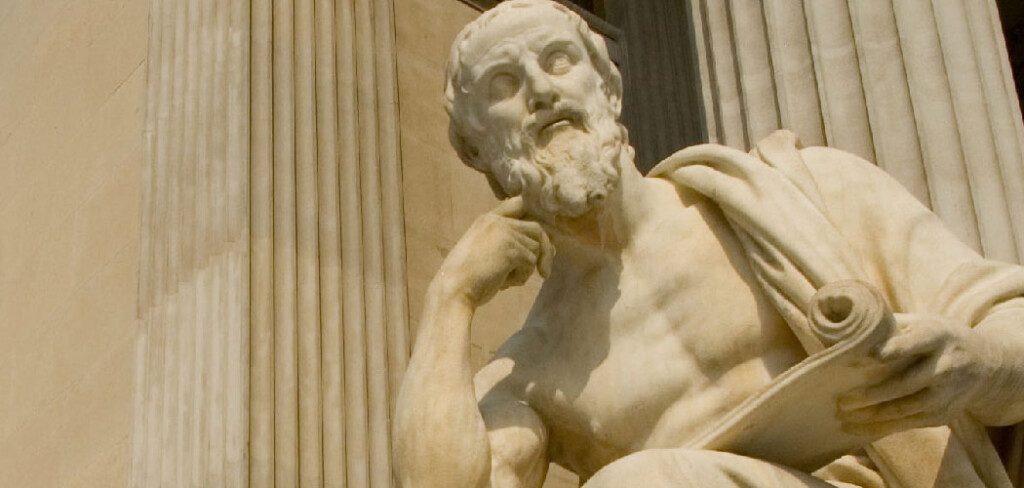Page 299 • (3,051 results in 0.084 seconds)
-

the Morken Center for Learning and Technology, and subsequently during the M. J. Murdock Charitable Trust-sponsored Twenty-Third Regional Conference on Undergraduate Research of the Murdock College Science Research Program in November in Vancouver, Wash. The Mount Rainier research was funded through a PLU Division of Natural Sciences and the Wiancko Charitable Foundation grant through the environmental studies program at PLU. Barbara Conner Barbara Clements is the former Content Development
-
that area. Otherwise, employees and/or students are encouraged to work together to find a reasonable compromise that is acceptable to everyone. If the pet owner requires the animal’s presence due to a documented disability, then reasonable accommodation will be made through the appropriate channels Lab Animals Procedures governing the use of lab animals in Rieke Science Center or other locations and situations will be addressed by the Division of Natural Sciences, the Animal Usage Committee, and
-
“University”). B. Powers: In carrying out these purposes, the Corporation may exercise all powers of a corporation organized under the nonprofit corporation laws of the State of Washington, RCW 24.03 (the “Act”). Such power shall be exercised to carry out the University’s mission to educate students for lives of thoughtful inquiry, service, leadership, and care for other persons, for their communities, and for the earth. In order to carry out its mission, the University shall have the power to: (1) confer
-

Professional Writing Consultant, Pierce College - Puyallup Independent Bookstore Manager, Grass Roots Books & Music Family Voluntary Service Specialist - Child Protection Specialist, WA Department of Children, Youth, and Families Graduates from the last last 5 years: Their graduate programs Master of Arts in English, Oxford University Master of Library and Information Science, University of Washington Master of Business Administration, Oregon State University Master of Fine Arts in Creative Writing
-

Law School, Pace University Master of Fine Arts in Creative Writing, Syracuse University Master of Business Administration, Pacific Lutheran University Loading... It’s FREE to apply to PLU When you're ready, we're here. Apply now and fulfill your potential! Get Started Related Programs: Business Education English Environmental Studies Global Studies History Holocaust & Genocide Studies Native American & Indigenous Studies Political Science Pre-Health Sciences Pre-Law Psychology Religion
-
prolific scholar whose focus has been on the history of education in Mexico, generally, and in Oaxaca, specifically. Daniela Traffano | received a B.A. in Political Science from the Universitá degli Studi di Torino and PhDs in History from the Centro de Estudios Históricos at El Colegio de México and the University of Genoa, Italy. Her questions about ethnohistory found their answer in Oaxaca, where she worked on the recovery and organization of the Historic Archive of the Archdiocese. In 2001, she
-
. Dependent children are eligible for undergraduate studies. Tuition benefits for undergraduate course work is limited to 144 attempted credits for all participants. Dependent children are limited to one bachelor’s degree using any tuition benefits and once they have received a bachelor’s degree are no longer eligible. The following are not eligible for tuition remission benefits: Accelerated Bachelor of Science in Nursing (ABSN); doctoral studies; certificates outside of a degree program; and J-term
-
collaboration, so the details of the research won’t matter too much. NSF REU Sites Pathways to Science Summer Research 101 [Lytle] See our page on Internships and Research Experiences in Physics Junior Year (Spring) Research Graduate Programs. Identify programs that you find interesting. The goal is to make a list of potential programs to consider applying to. You should only apply to programs you actually want to attend! See the resources below to think about the various factors that will influence your
-
. Larry died Jan. 24 at the age of 81. He was hired as an associate professor in the Department of Computer Science and Mathematics at PLU in 1982, before being promoted to professor in 1986. He completed phased retirement, which began in 1998, in 2003. He treated his colleagues with respect and exhibited genuine interest in their lives. He also was an advocate for educating the whole student and praised the small classroom setting, which helped him get to know his students on a more personal level
-

applied. PLU decided to invest a full-tuition Regents Scholarship in me. In May of 2015, I graduated with a Bachelors of Arts in mathematical economics, Bachelors of Science in psychology and a minor in statistics. I now am a Juris Doctorate candidate at the Arizona State University Sandra Day O’Connor College of Law. Why did you decide to attend law school? Not being able to find a skilled and affordable attorney during my first few years in the states made me realize something: the skilled weren’t
Do you have any feedback for us? If so, feel free to use our Feedback Form.


